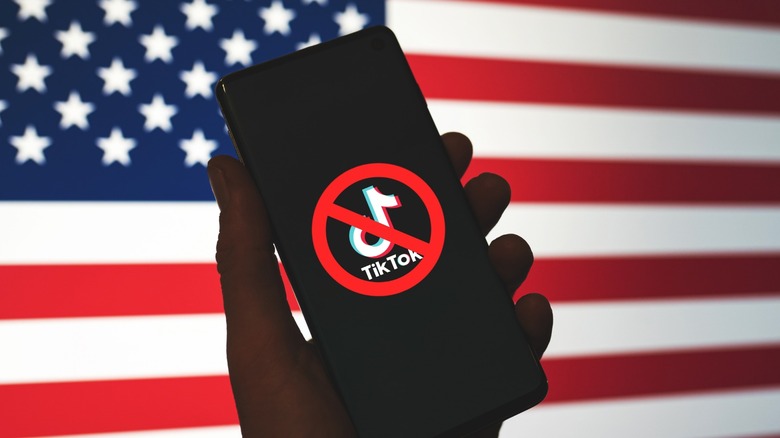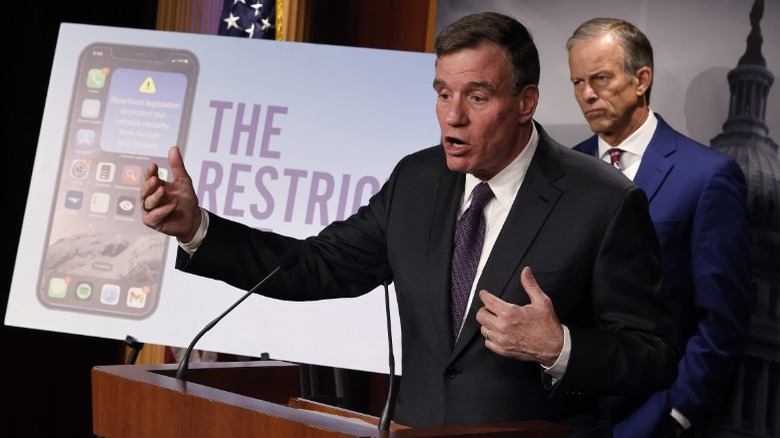New RESTRICT Act Could Mean 20 Years In Prison For Using A VPN To Access Banned Apps
TikTok has been in the news several times, often because of cybersecurity and spying concerns raised by the U.S. government. In 2022, the app was banned from use on any U.S. government device, and several states followed suit, restricting the use of the app on state-issued devices and state networks.
A lot of the official talk around the Chinese social media app since then has continued to be about cybersecurity and spying risks, but the focus has shifted from government apparatus to private citizens instead, with Senator Marco Rubio attempting to pass a bill banning the use of the app on U.S. soil, with arguments pointing to TikTok's parent company, ByteDance, having ties to the Chinese government.
After several failed attempts to ban the app from the U.S., the new RESTRICT Act, ostensibly targeting cyber-security threats, is being pushed by the same people that previously advocated banning TikTok. It has far-reaching consequences for social media and harsh punishments for violators.
The RESTRICT Act allows blanket bans on software and hardware
The new legislature proposes to give the U.S. Secretary authority to execute bans or exclusions on any "information and communications technology products and services holdings that pose undue or unacceptable risk," with the unacceptable risks and exclusions to be determined and recommended by the Secretary of Homeland Security, the Secretary of Defense, or the Director of National Intelligence. The bill allows any attempts to circumvent the exclusions or bans — using a VPN or proxy — to be punished with a fine of up to $1 million or up to 20 years in prison.
According to the bill, the processes and actions taken are exempt from the Freedom of Information Act, which generally allows citizens to request and audit certain public dealings. Exemption from FOIA concerns many people, including notable repair advocate Louis Rossmann. This exemption could give the government alarming control over online interactions with little transparency.
The RESTRICT Act could, theoretically, be applied to everything from citizens, corporations, and organizations to labor unions. To be fair, the bill does clarify that anyone prosecuted under the act must be engaging in activities and using technology to harm the U.S. government, according to a conversation between Newsweek and Senator Mark Warner.
Unlike previously proposed bans backed primarily by the Republican Party, the RESTRICT Act currently seems to have a decent amount of support across party lines.

